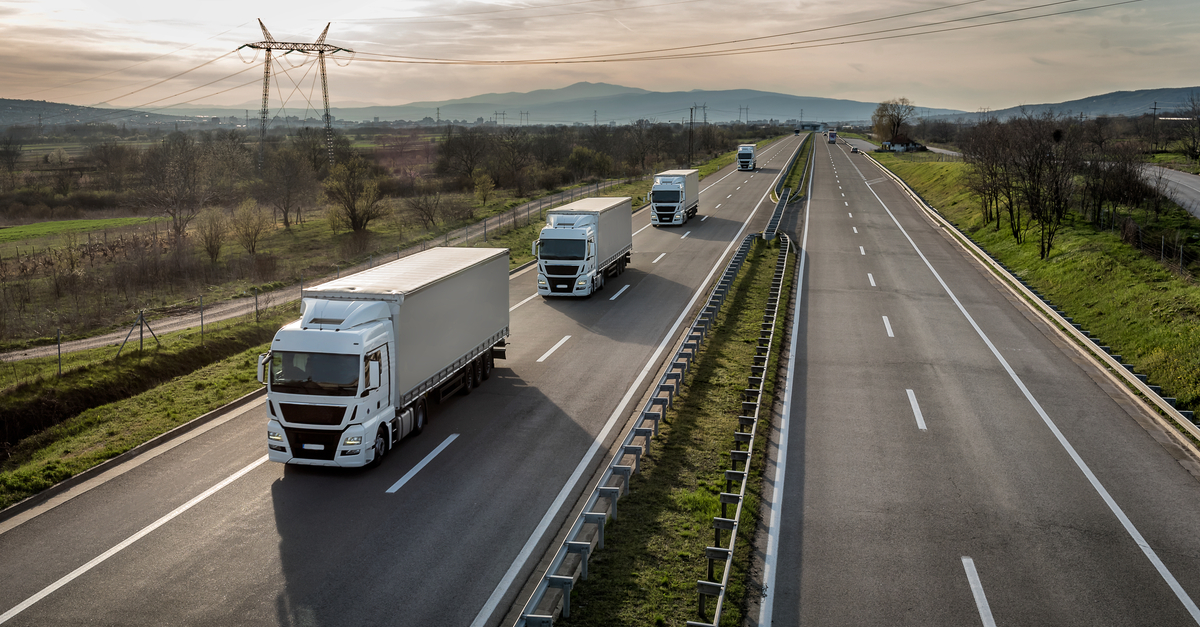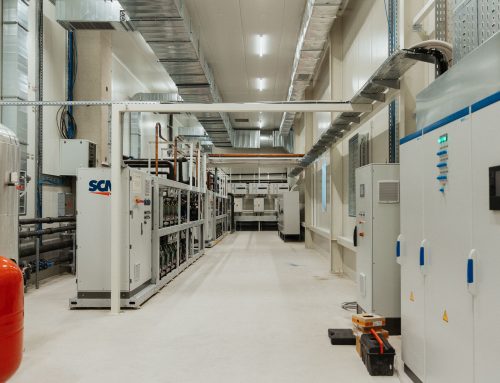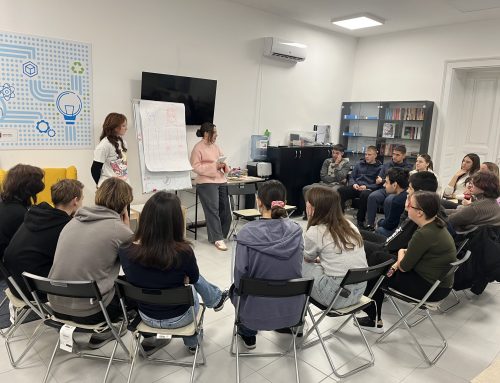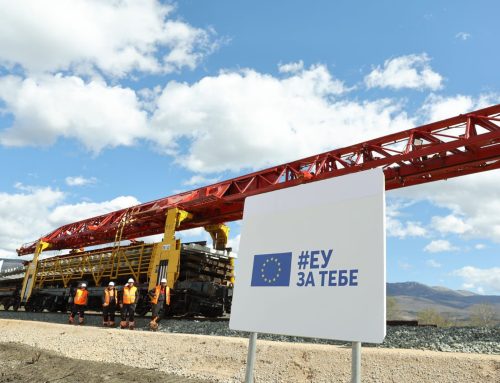Today the European Commission presented a significant investment package of EUR 3.2 billion to support 21 connectivity projects in the following sectors: transport, digital technology, climate and energy in the Western Balkans. This is the first large package of projects within the ambitious EU Economic and Investment Plan for the Western Balkans, adopted by the Commission in October 2020. The projects are designed to contribute to tangible results for all six partners in the region.
During the coming years, the Economic and Investment Plan will mobilize up to EUR 30 billion of investment, as a combination of grants, preferential loans and guarantees. The Plan will help close the development gap between the European Union and the region and support economic recovery after the pandemic. The plan will also help deliver the broader EU Global Gateway strategy, which was launched in December 2021.
The European Commissioner for Neighbourhood and Enlargement, Oliver Varhelyi, said: “We are speeding up the implementation of the Economic and Investment Plan for the Western Balkans on the ground with this large investment package. We have identified all flagship projects in close cooperation with our partners. Better and more sustainable connectivity in transport, digital infrastructure and renewable energy will boost the economy, drive the region’s green and digital transition and bring a range of opportunities for people and businesses in the Western Balkans and across the EU. These investments will also accelerate the integration of the region, in line with its clear European perspective.”

Today’s financial package includes EUR 1.1 billion in EU grants from the Instrument for Pre-Accession Assistance 2021-2027 (IPA III), additional bilateral contributions from EU member states and Norway, as well as soft loans from international financial institutions. The investment package of EUR 3.2 billion was channelled through the Western Balkans Investment Framework (WBIF) – a multi-donor investment platform led by the EU and the primary financial instrument for the implementation of the Economic and Investment Plan in the fields of public infrastructure and private sector competitiveness.
The projects in this first package cover the priority sectors of the Plan:
- Sustainable transport: Construction of major road and rail links in the region, including the Mediterranean Corridor, the East-West Corridor and the Rhine-Danube Corridor, as well as the rail corridor between Skopje in North Macedonia and the Bulgarian border. These projects will facilitate regional trade, reduce travel time and foster sustainable economic growth, bringing great benefits to local residents and businesses in the region.
- Clean energy: The development of renewable energy sources through the construction of solar power plants and the Trans-Balkan Corridor for the transmission of electricity, which will be essential for a successful transition to clean energy in the region and which will contribute to the gradual transition from coal.
- Environment and climate change: Construction of wastewater treatment plants, which are essential for the green perspective of the region, and which will help preserve the health and well-being of people in the Western Balkans.
- Digital infrastructure development: Development of rural broadband internet infrastructure to ensure universal access throughout the Western Balkans.
- Human development: Construction of a new building for the University Children’s Hospital in order to increase its capacity and include new diagnostic and treatment technologies.

Implementation will begin shortly after the signing of the agreement with international financial institutions, which is expected during 2022 and 2023.
Basic information
The Economic and Investment Plan for the Western Balkans aims to stimulate long-term recovery, accelerate green and digital transition, as well as to encourage regional cooperation and rapprochement with the EU. Up to EUR 9 billion of EU grants from IPA III have been earmarked for the Plan, which will mobilize an additional EUR 20 billion of investments.
The Western Balkans Investment Framework (WBIF) is a joint financial platform of the European Commission, financial organizations, EU member states and Norway with the aim of improving cooperation in investment in the public and private sector for the socio-economic development of the region and contributing to the European integration of the countries in the Western Balkans.
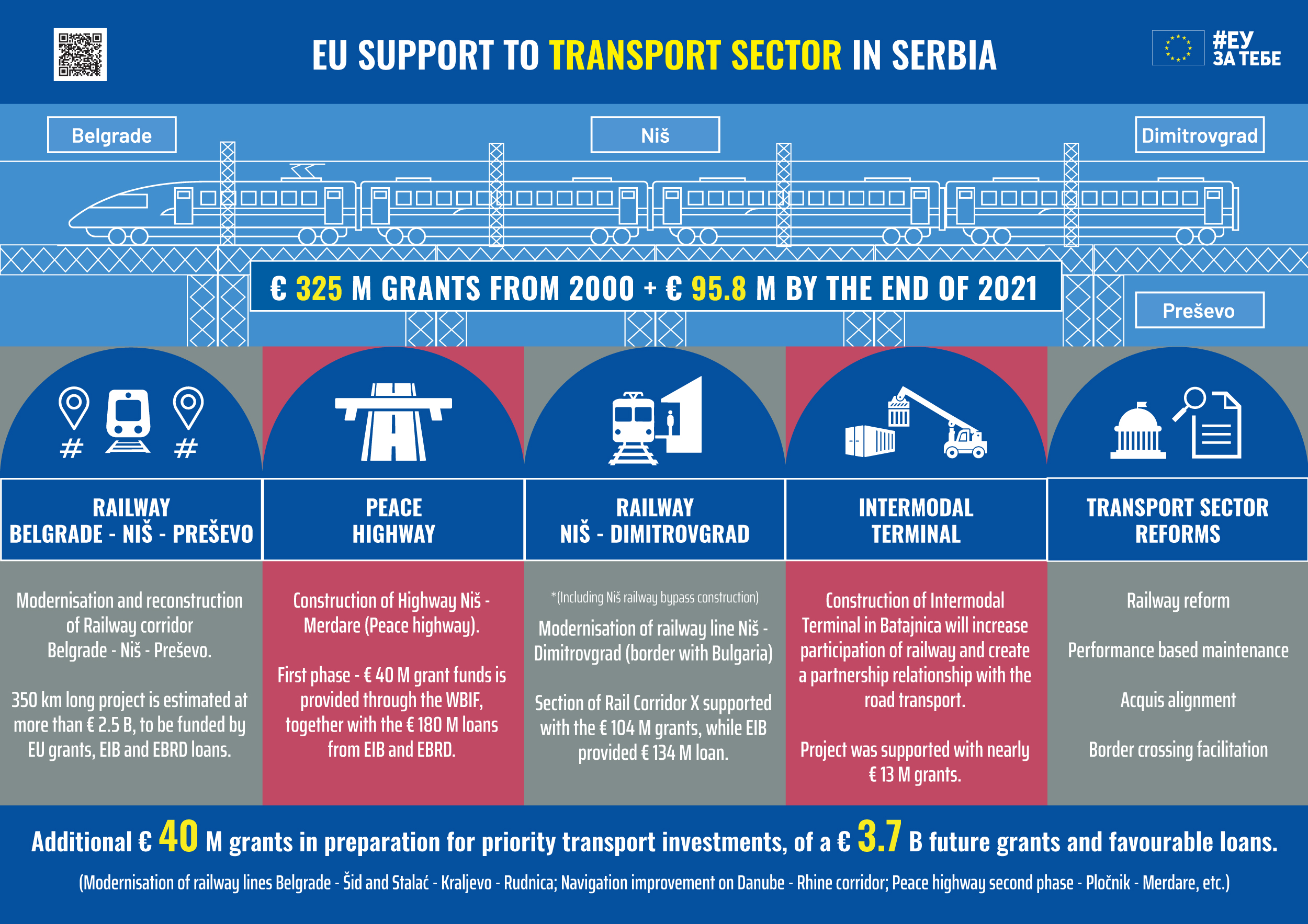
The Global Gateway Strategy is the EU’s contribution to narrowing the global investment gap around the world in order to support sustainable development. With this strategy, the EU increases its offer to its partners by investing heavily in the development of infrastructure around the world. Over the next seven years, the EU and its member states will mobilize up to EUR 300 billion of public and private investment in the sectors of digital development, climate and energy, transport, health, education and research. The Global Gateway Strategy will implement sustainable and high-quality projects, taking into account the needs of partner countries and providing permanent benefits for local communities.
The package announced today includes investment projects submitted by Bosnia and Herzegovina, two of which are on the territory of Republika Srpska for road for road and rail connections on Corridor Vc. The Commission intends to sign the respective contribution agreements for these two investments, worth EUR 600 million, only after the return to full functioning of state institutions.

